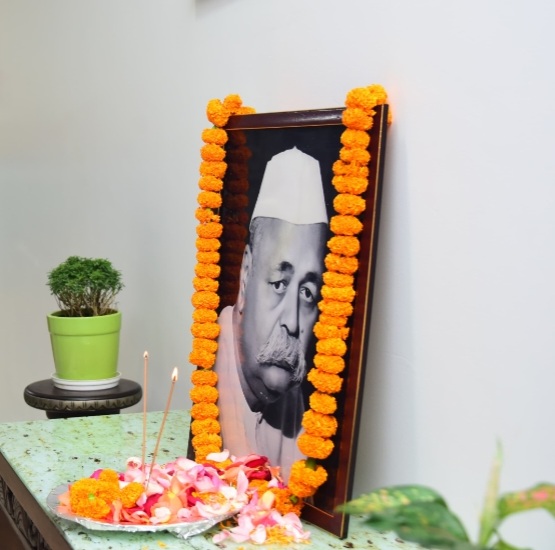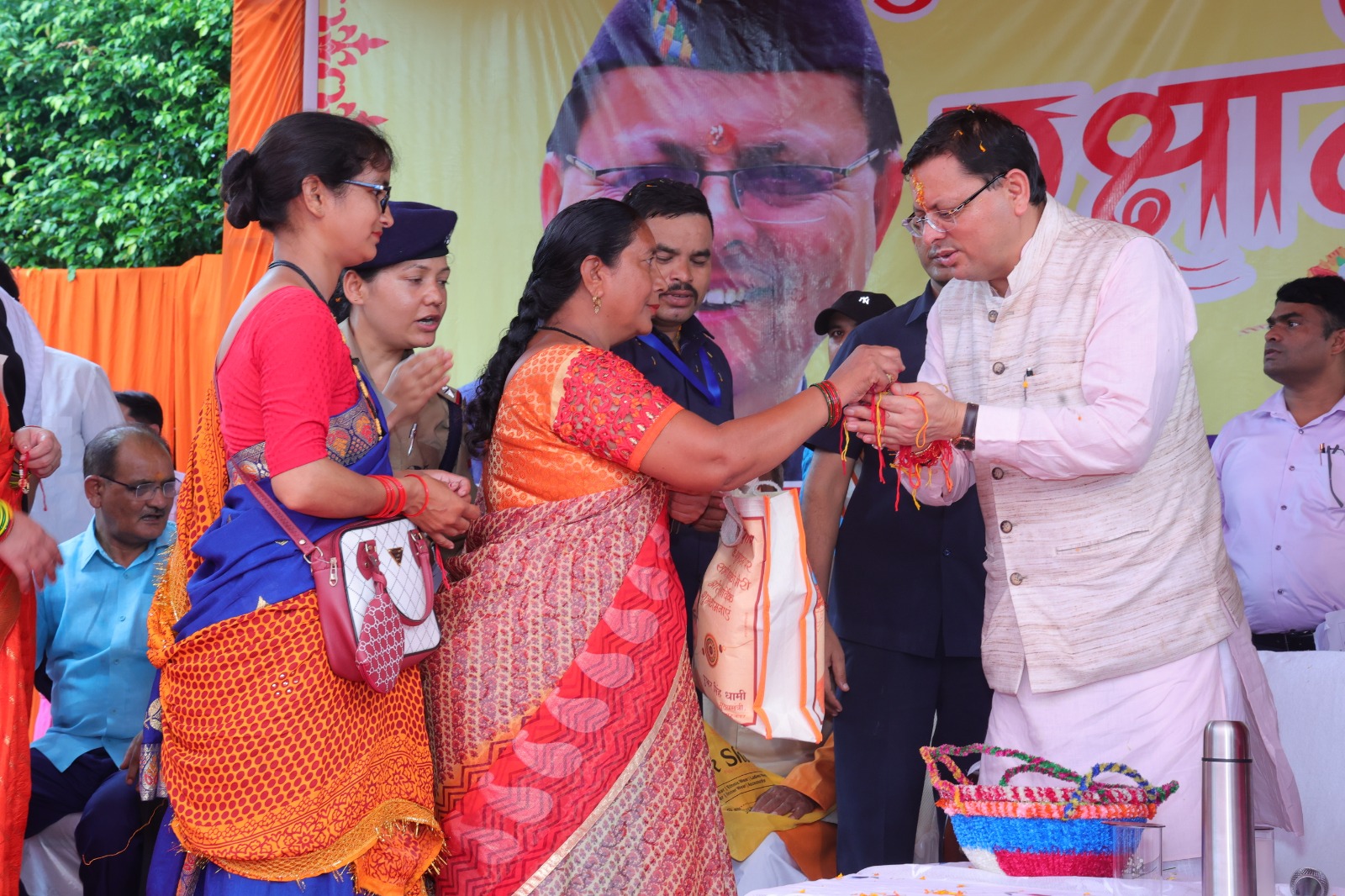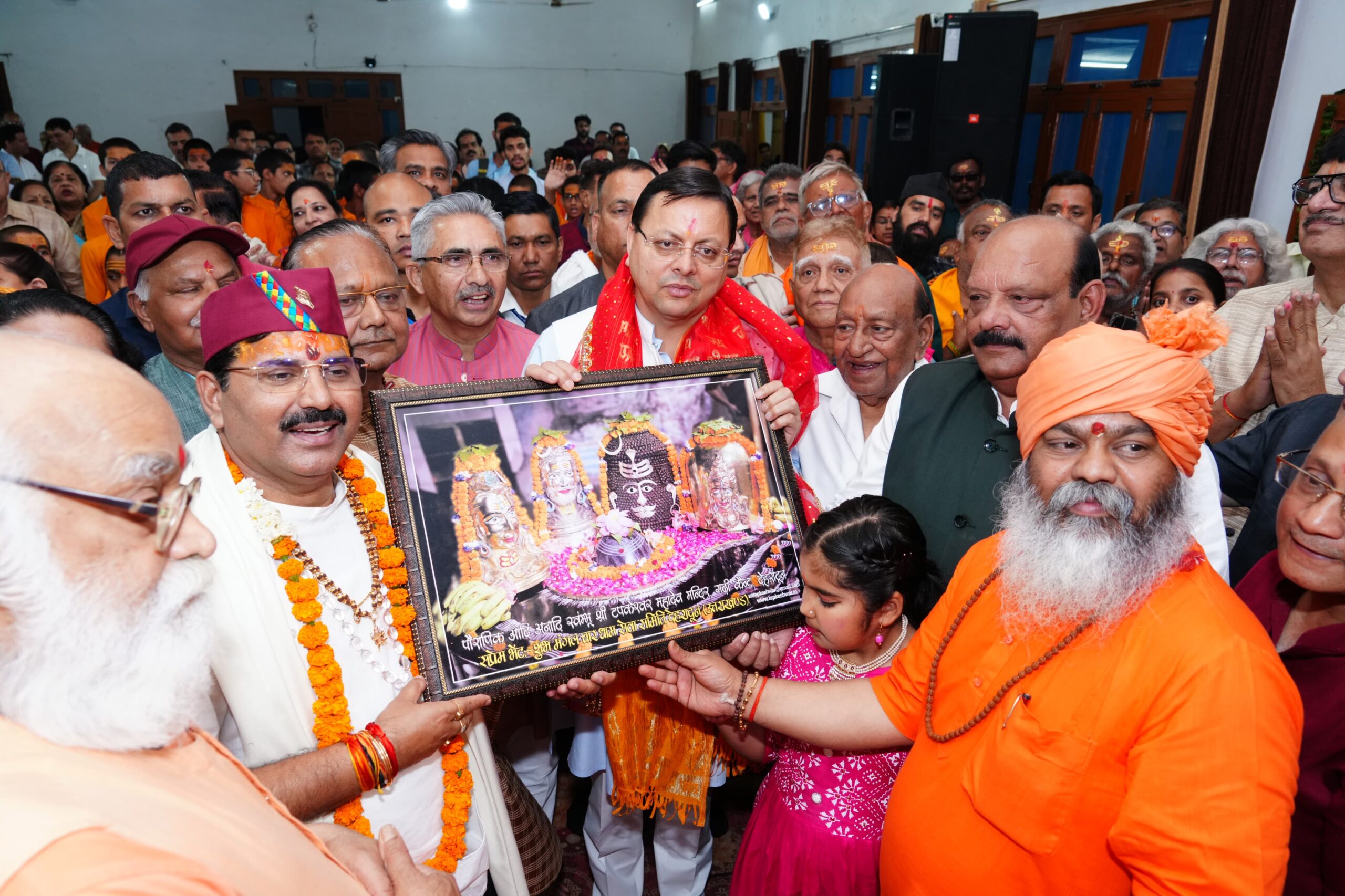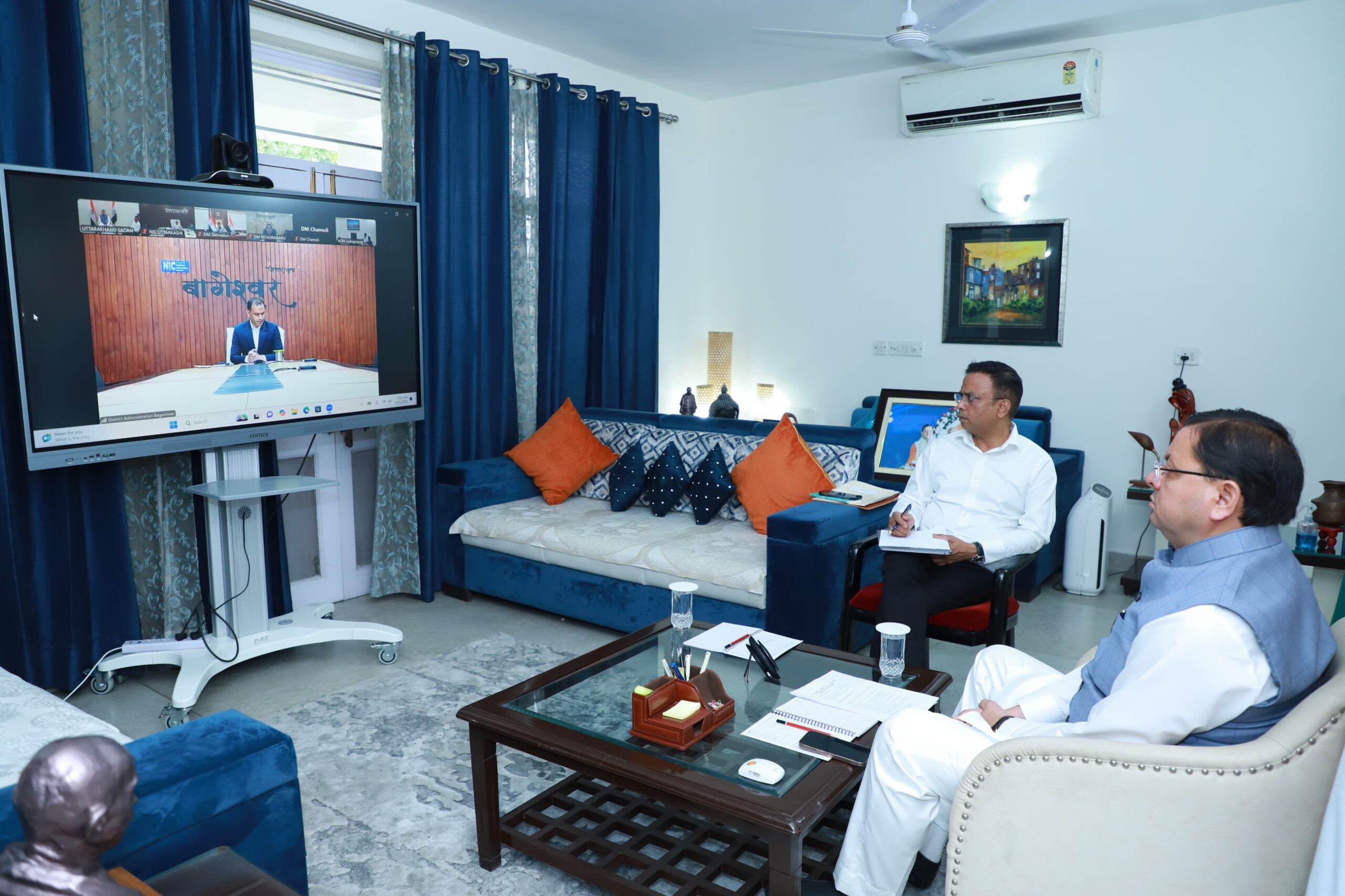Govind Ballabh Pant, a towering figure in Indian history, was one of the architects of modern India. A freedom fighter, an astute politician and an able administrator. Pant played a pivotal role in the Indian independence movement and in shaping post-independence India. His contributions to the nation are celebrated, especially in the realms of social reform, education and governance.
Pt Govind Ballabh Pant was born on September 10, 1887, in the village of Khoont, Almora, in the Kumaon region of present-day Uttarakhand. His father, Pt. Manorath Pant, was a government official, and his mother, Govindi Bai, was a deeply religious woman. Pant’s early life was marked by the simplicity and serenity of the Himalayan region, which shaped his character and values.
Pant was an exceptionally bright student. He completed his primary education in Almora and later moved to Allahabad for higher studies. He graduated with a degree in law from Muir Central College (now Allahabad University) in 1909. His academic brilliance earned him a reputation as an outstanding lawyer, but it was his deep-seated patriotism that soon drew him towards the freedom struggle.
Pt Govind Ballabh Pant’s political journey began in the early 1920s. He was deeply influenced by Mahatma Gandhi and adopted the principles of non-violence and civil disobedience. Pant was actively involved in various movements against British rule, including the Non-Cooperation Movement (1920-22), the Civil Disobedience Movement (1930-34) and the Quit India Movement (1942).
Pt Govind Ballabh Pant was not just a politician and administrator; he was also a social reformer. Throughout his career, he worked tirelessly to uplift the marginalized and downtrodden sections of society. He was a firm believer in gender equality and supported measures to improve the status of women, including advocating for widow remarriage and opposing child marriage.
Pant’s legacy is also evident in the field of education. He believed that education was the key to social progress and worked to make it accessible to all. His initiatives laid the groundwork for the expansion of educational opportunities in Uttar Pradesh and across India.
In recognition of his contributions to the nation, Pant was awarded the Bharat Ratna, India’s highest civilian honor in 1957. His name is immortalized in various institutions, including the Govind Ballabh Pant University of Agriculture and Technology in Pantnagar, Uttarakhand and several hospitals, colleges, and roads across the country.
In the end, Pt Govind Ballabh Pant’s life was one of dedication to the cause of India’s freedom and the welfare of its people. His contributions as a freedom fighter, a statesman, and a social reformer have left an indelible mark on the nation’s history. Pant’s vision of a just, equitable and united India continues to inspire generations. As we remember him, we honor not just a leader but a true servant of the people, whose legacy endures in the democratic and secular fabric of the Indian Republic.



